About Us
On October 1, 2018, Jill Arnold and Brent Whitaker launched ZooQuatic Laboratory LLC, a Clinical Pathology and Water Quality laboratory, though ZooQuatic is truly an old lab with a new name. In 1991, Jill, a certified medical technologist, and Brent, an exotic/aquatic animal veterinarian, created a laboratory at the National Aquarium in Baltimore to support the care of the Aquarium's fish, reptiles, birds, amphibians, invertebrates, and mammals. In 2000, the laboratory relocated next door to the University of Maryland's Institute of Marine and Environmental Technology (IMET) which allowed for additional collaborations with world-renowned scientists in the development of new and innovative technologies and techniques. Though now a private commercial enterprise, ZooQuatic Laboratory continues to support the National Aquarium and IMET's Aquaculture Research Center while also offering our services to zoos, aquariums, universities, researchers, aquaculture facilities and others in need of accurate and affordable water quality and clinical pathology testing, as well as anatomic pathology services for vertebrates and invertebrates.
Our Mission
To provide unique expertise and specialized testing of exceptional quality for extraordinary species and the environments in which they reside.
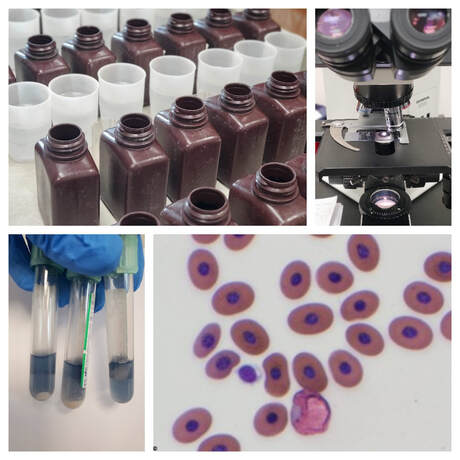
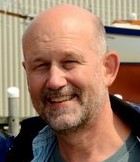
Brent Whitaker MS, DVM
Partner, CEO
As a kid, I trekked through fields and streams from Maryland to Maine, turning over every rock and looking under every log to see what creatures lived there. After studying biology at the Colorado College, I worked as a technician in the Environmental Systems Lab at Woods Hole Oceanographic Institution. It was there that I saw my first Aquavet student and decided I had found my future. I was going to be a veterinarian that specialized in aquatic animals and environments. I left the Northeast and headed to the University of Florida where I received my Master of Science degree in aquatic toxicology (1986) and a Doctorate in Veterinary Medicine (1988). I became an Aquavet student in 1987. After a year in a small animal private practice, I joined the National Aquarium as their first full-time staff veterinarian and 2 years later I became the Director of Animal Health leading a newly created veterinary medical team. In 2005, I was appointed to lead their Animal Science and Welfare which included husbandry, veterinary medical, laboratory, marine animal rescue, dolphin discovery, and research programs. Together with a staff of 80+ individuals we ensured the health and welfare of over 20,000 animals and provided memorable experiences for all visitors to the National Aquarium. In October of 2018, after 28 years with the National Aquarium, Jill Arnold and I created ZooQuatic Laboratory, an independent company operated by former Aquarium lab staff, that now serves all zoos, aquariums, specialty practices, and individuals. When not at the lab, one can usually find me practicing aquatic animal medicine and working with zebrafish at the University of Maryland, or at a local animal rescue shelter performing surgery and providing care.
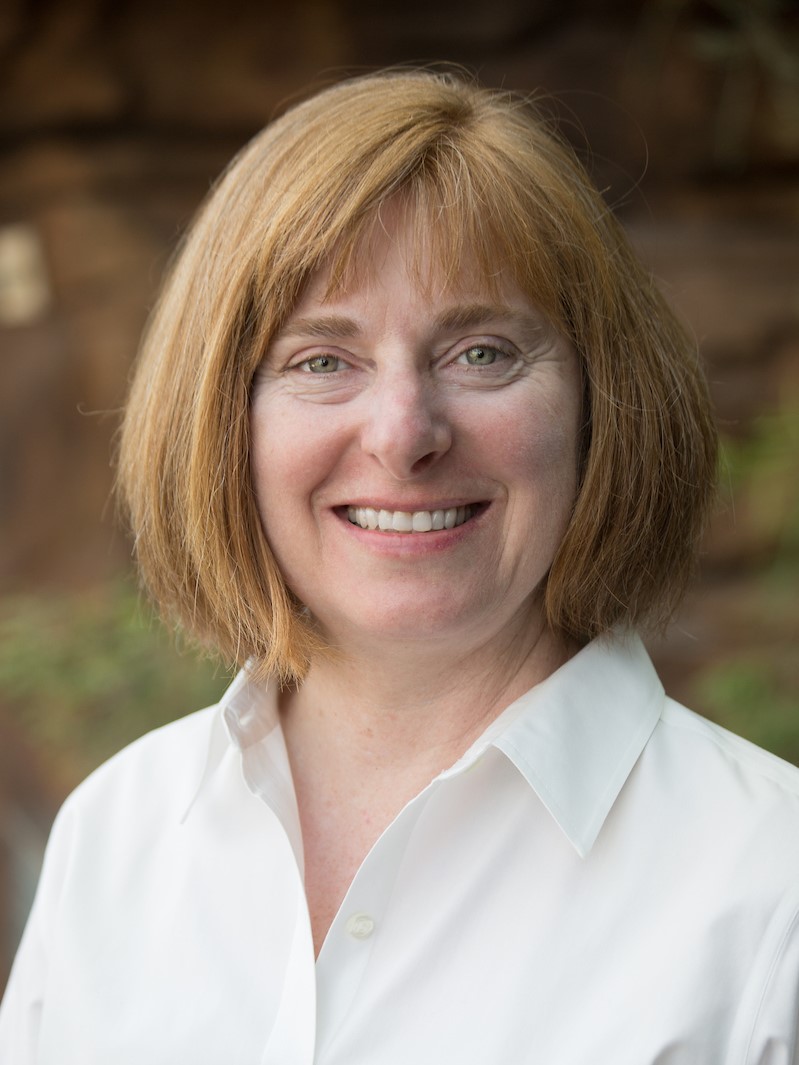
Jill Arnold MS, MLS(ASCP) CM
Partner, Managing Director of Lab Services
I studied animal science and biology at Purdue University while working part-time in a veterinary hospital in my home town of Fort Wayne, IN. After graduation, I completed a 12-month internship at Parkview Memorial Hospital and obtained my medical technology certification. I was very fortunate to be chosen as an intern in the pathology department at the Smithsonian’s National Zoo where I spent an amazing year in Dr. Montali’s lab, and then I was off to learn about aquatic animals at the National Aquarium. After spending many hours deciphering elasmobranch blood smears, I opted to do a master’s degree in biomedical research at University of Maryland where my thesis topic was standardizing complete blood cell counts for sharks. I have had the privilege of applying the skills I learned in medical laboratory science to the challenging field of aquatic animal health. I love all aspects of the lab and am especially interested in hematology of fish and elasmobranchs. After managing the clinical and water chemistry laboratories at the National Aquarium for over 20 years, Dr. Brent Whitaker and I set up ZooQuatic Laboratory in October 2018, which is the former Aquarium’s lab and staff now operated as an independent company. In addition to my duties in the laboratory, I enjoy teaching hematology workshops. I also serve as Secretary for the Quality Assurance for Laboratory Standards Committee for the American Society for Veterinary Clinical Pathology and have been a member of this committee for 12 years. When I’m not working or fishing for blood samples, I enjoy hiking with my husband and dogs.
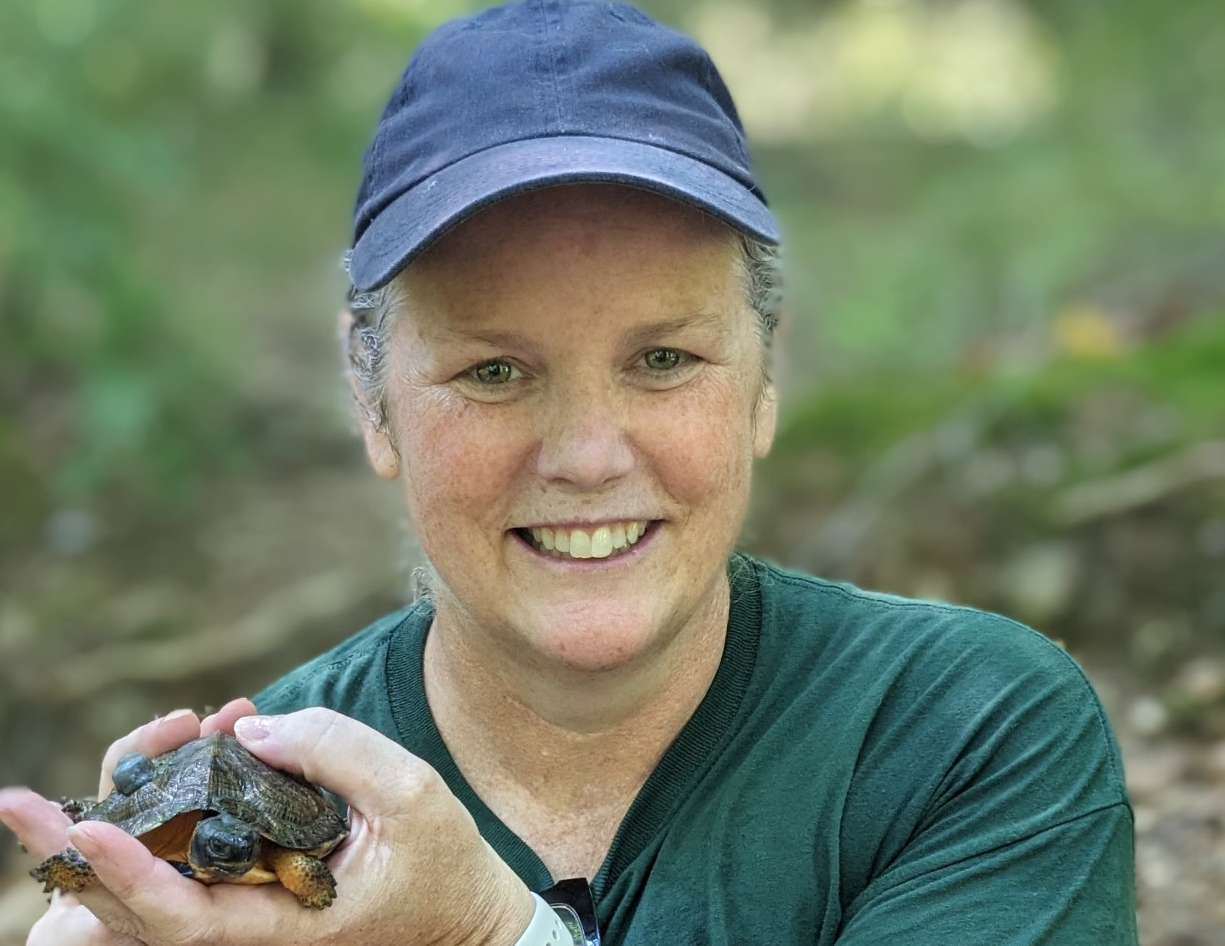
Jennifer Sohl RVT
Senior Analyst
My interest in animals started at a very early age growing up on my family's dairy farm. I started working at a veterinary clinic as a teenager, went to Virginia Tech for Animal Science, then sat for the veterinary technician national exam in 1995 and have been a Registered Veterinary Technician ever since. My dream job became a reality when I started as an RVT at The Maryland Zoo in Baltimore in 2002. Through the years, I have been given many opportunities at The Maryland Zoo, working with exotic animals and wildlife but my true passion has always been in the laboratory with a special interest in African penguin and elephant hematology. Jill Arnold mentored me in my zoological infancy and as things come full circle, I am ecstatic to be able to pursue my true passion of clinical pathology at ZooQuatic Laboratory.
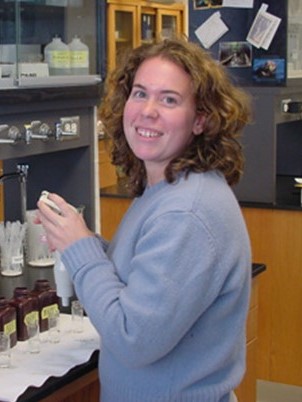
Kim Gaeta
Water Quality Technologist
After graduating from the University of New Hampshire with a degree in Marine and Freshwater Biology, Kim followed the advice of a neighbor and started volunteering at the National Aquarium in Baltimore to gain experience as most job interviews were asking the same thing- "what have you done other than school?" During her volunteer time, Kim was responsible for taking dissolved oxygen measurements in the larger systems as well as monitoring general water quality. An opportunity presented itself and Kim was hired on full time as a water quality technician. Projects ranged from monitoring pH levels of concrete samples used in the Amazon River Forest exhibit to bacteria cycling in seahorse and frog exhibits. Over her 19 year career at National Aquarium she says "there was never a dull day. You never knew what the samples were going to show for water quality values." ZooQuatic Laboratory formed and Kim joined the group as the primary analyst for water samples. "I'm looking forward to working with various institutions in looking closely at their water quality." In her spare time, Kim enjoys outdoor adventures with her two children and husband.
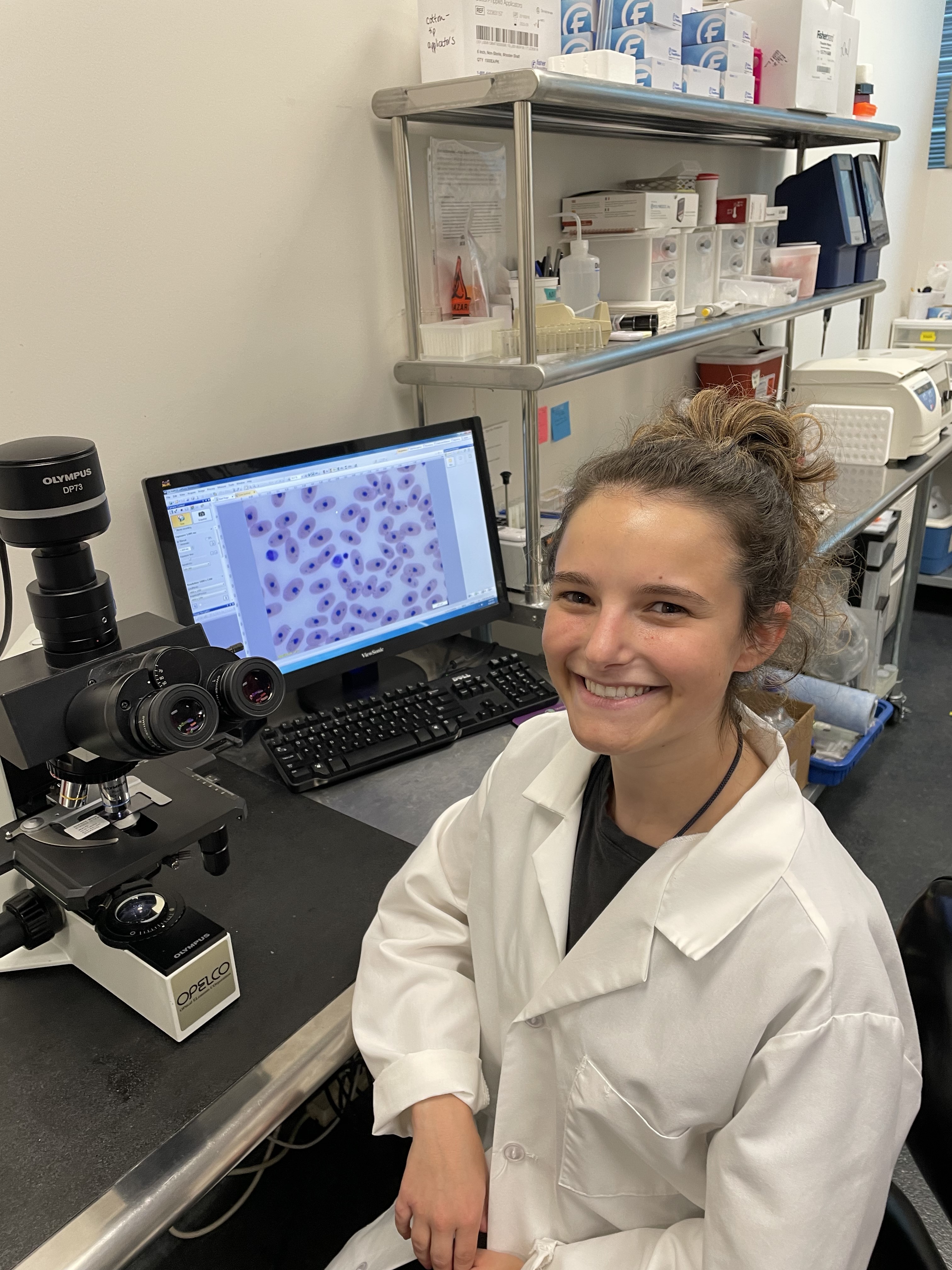
Morgan Shapiro
Clinical Lab Technician
Growing up in Maryland, Morgan loved exploring the water, the oceans, and the animals within them. During her undergraduate, she had the opportunity to study in Queensland, Australia at James Cook University, right off the Great Barrier Reef. There she developed her love for scuba diving and scientific research, as well as her love for camping and surfing! After returning to New Orleans to finish her undergraduate degree in Public Health and International Development, Morgan decided to add Environmental Studies to her degree, and was able to concentrate on marine biology and the integration of the health of the seas and the animals within, for a true One Health approach to her learning. She graduated from Tulane University in 2021, and since then has been involved in multiple research projects studying topics from the health of the Baltimore harbor and the Chesapeake Bay to oyster aquaculture and restoration efforts. Now at ZooQuatic Lab, Morgan has had the opportunity to return to Maryland to explore the Animal Health side of One Health and develop her knowledge of animal and wildlife care. When she’s not working, she loves to take her dog to the beach, try vegan, gluten free snacks, and spend time with her family.
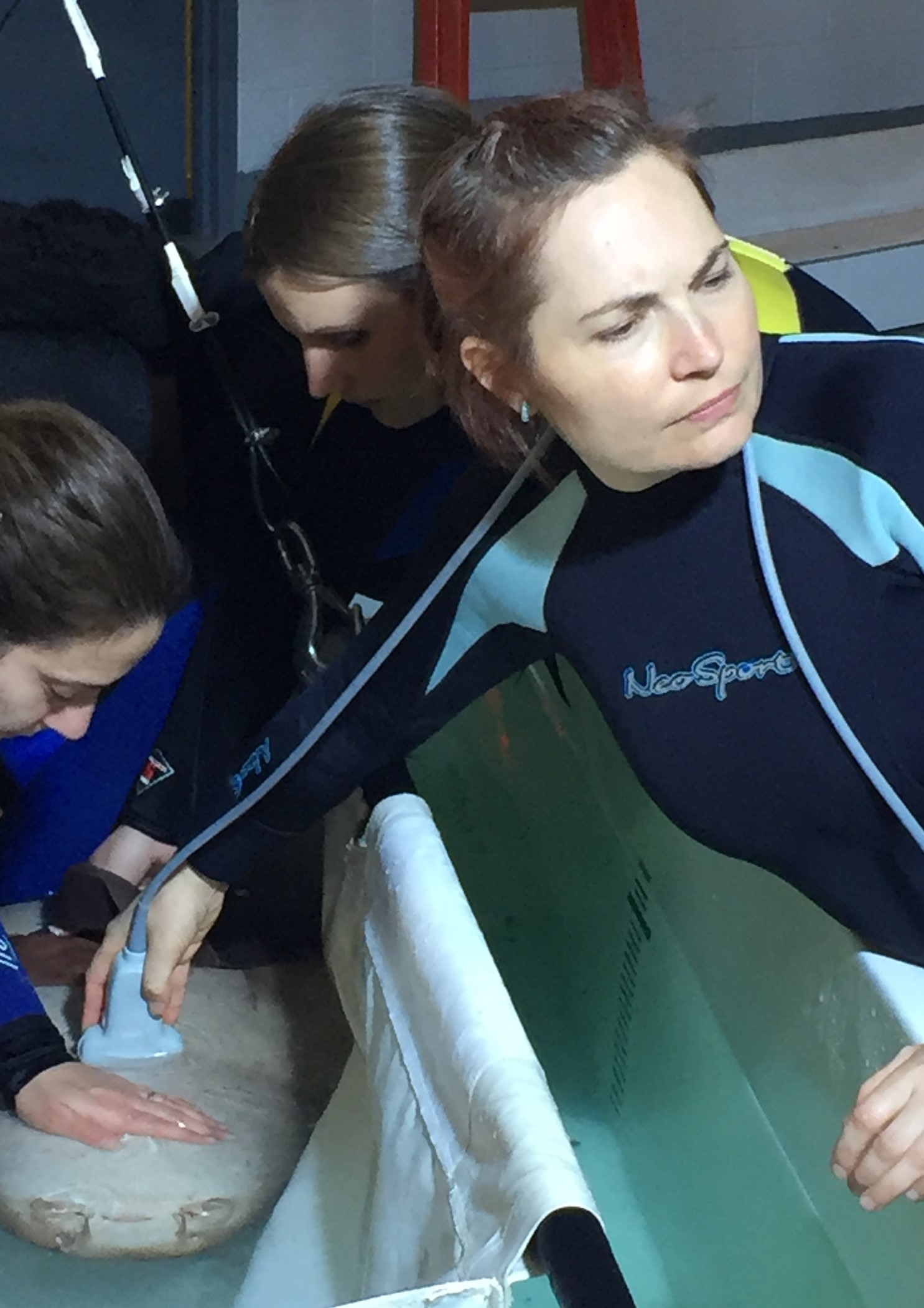
Dr. Alisa “Harley” Newton, VMD, Dipl. ACVP
Pathologist
Dr. Newton received her veterinary degree and anatomic pathology training from the University of Pennsylvania, School of Veterinary Medicine and is a Diplomate of the American College of Veterinary Pathologists. Following her pathology residency, she completed the Jane and Marshall Steel Pathology Fellowship at the Zoological Society of San Diego. During her career she has served as the Director of Pathology at the Philadelphia Zoo, Senior Pathologist at the Wildlife Conservation Society (WCS), and a Veterinary Pathologist for Disney’s Animals Science and Environment. While at WCS Harley transitioned from being solely a veterinary pathologist to be the Head of Aquatic Health. In that role she provided medical care, water quality laboratory management and diagnostic veterinary pathology services for the fish (elasmobranch, teleost), invertebrate (terrestrial and aquatic), marine mammal, bird and reptile collections at the New York Aquarium and 4 WCS run zoos in New York City (Central Park Zoo, Prospect Park Zoo, Queens Zoo, Bronx Zoo). Harley has a passion for wild shark and ray populations, which led her to develop with WCS’s New York Seascape Program and other regional partners an in situ elasmobranch health field research program focusing on Northwest Atlantic species. It was through this work that she was invited to join the not-for-profit OCEARCH first as an expedition veterinarian and scientist, ultimately assuming the role of Chief Veterinarian/Senior Veterinary Scientist in 2022. Along with sharks and rays, Harley has a passion for invertebrates, and still greatly enjoys working with terrestrial animals great and small. She is looking forward to collaborating with the wide variety of institutions and organizations that might use ZooQuatic Laboratory’s Pathology Services.
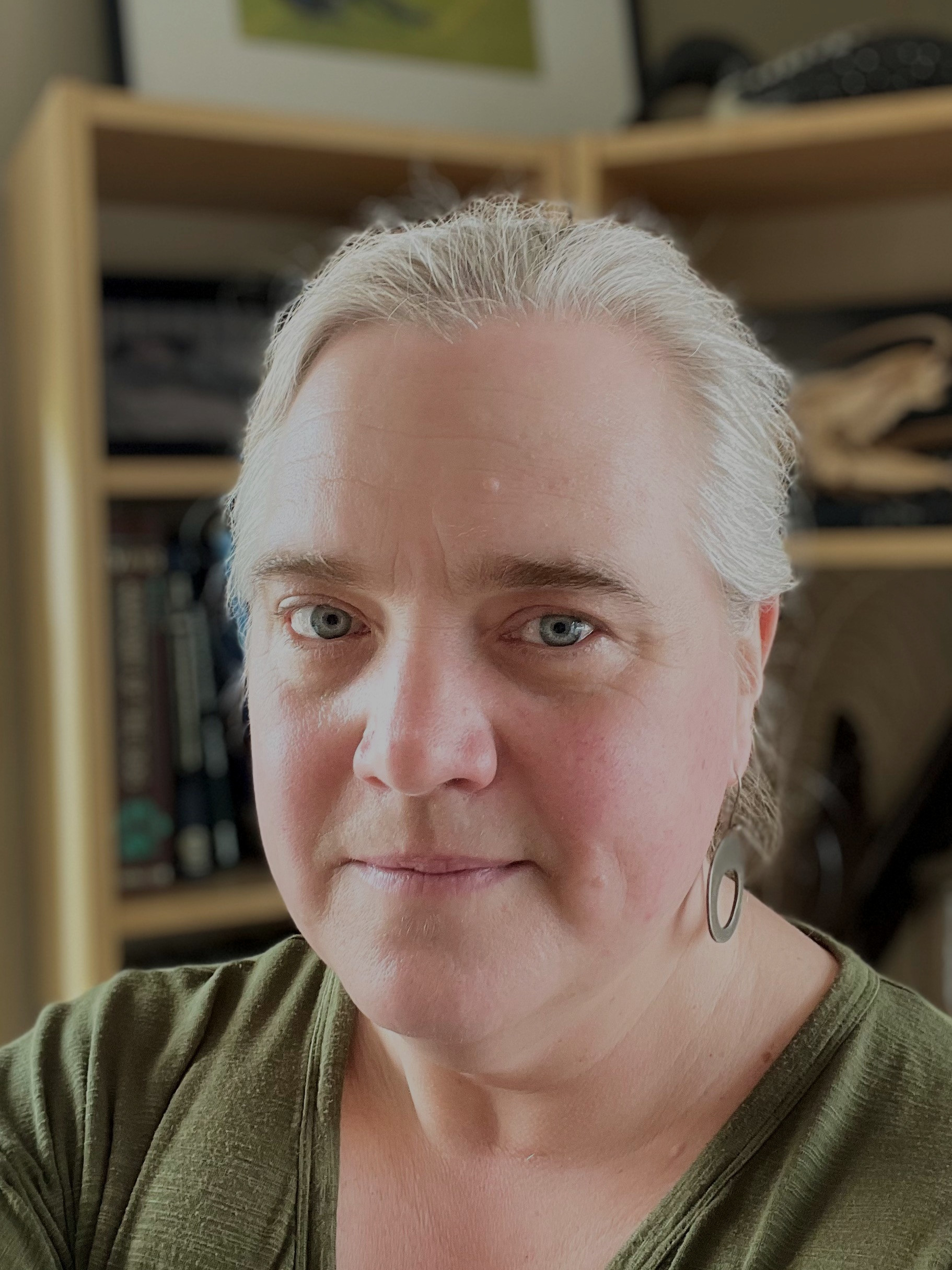
Inga F. Sidor, DVM, MS, DACVP
Pathologist
Dr. Sidor has a background in molecular and analytical biochemistry and attended the Tufts School of Veterinary Medicine before completing an internship and research fellowship in wildlife and conservation medicine at the Tufts Wildlife Clinic, researching mortality in New England common loons. She subsequently completed an anatomic pathology residency program at the University of Connecticut and CT Veterinary Medical Diagnostic Laboratory. After ACVP board certification in anatomic pathology she undertook a post-doctoral study of marine mammal brucellosis at the Mystic Aquarium, also serving as the staff veterinary pathologist for their collection and marine mammal stranding program. Currently, her position at the NH Veterinary Diagnostic Laboratory and the University of New Hampshire allows her to pursue interests in pathology of domestic, wildlife and aquatic animal species.
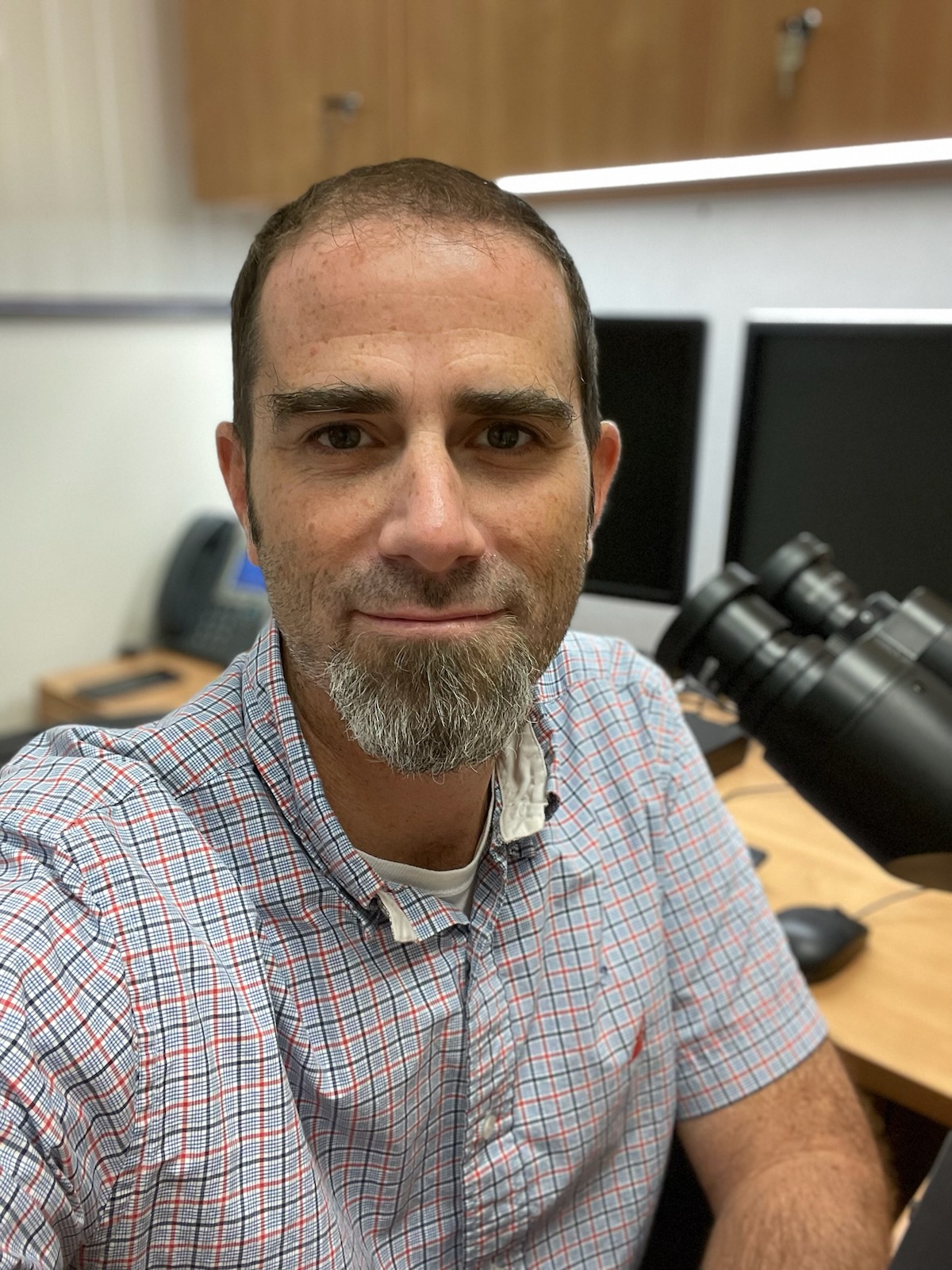
Ken Conley, DVM, Dipl. ACVP
Pathologist
Ken earned his veterinary degree and completed his anatomic pathology residency at the University of Florida where he took advantage of opportunities to work with regional wildlife and subsequently building a respect, appreciation and curiosity for species outside of the routine veterinary curriculum. His pathology career began in 2010 with a one-year clinical instructor position at Walt Disney World, caring for a wide breadth of terrestrial and aquatic species at Animal Kingdom and Epcot. His career has since been spent embedded in zoos and aquaria, working as a pathologist for institutions with significant terrestrial and aquatic collections and with various field conservation components. At home and abroad, his conservation projects have largely focused on reptile species. He has a particular interest in the pathology of reptiles, birds and cephalopods, as well as with the presentation and epidemiology of fungal disease in all animals.
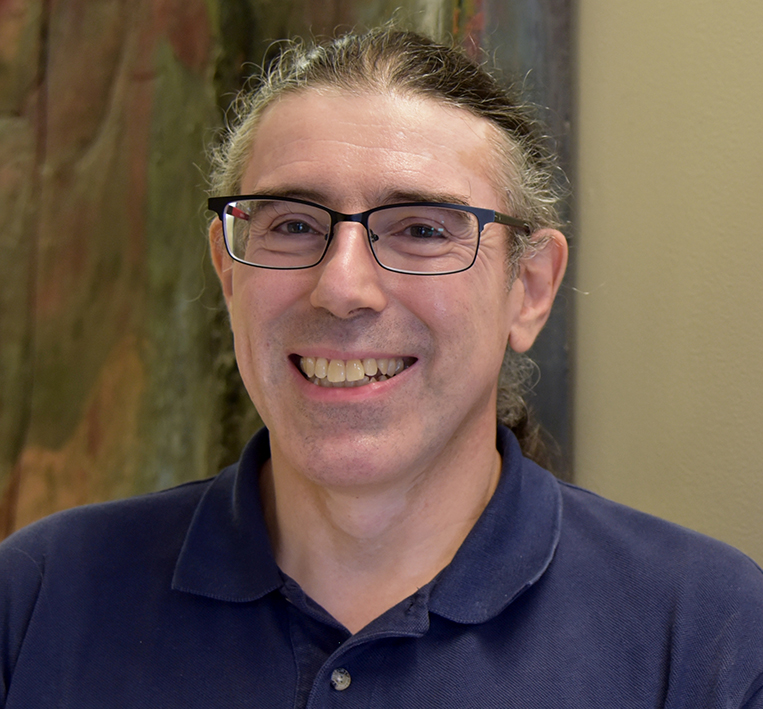
Salvatore Frasca Jr., VMD, PhD, DACVP
Pathologist
Dr. Frasca "Sal" is a veterinary pathologist with over 25 years demonstrable experience in the gross and microscopic interpretation of normal and lesioned tissues from a wide range of aquatic animals including teleosts, elasmobranchii, marine invertebrates, in particular crustaceans and cephalopod mollusks, marine birds, marine mammals, and sea turtles. He is a Diplomate of the American College of Veterinary Pathologists, board-certified in veterinary anatomic pathology, and he spent the constructive and influential times of his career at the University of Connecticut,where he was a faculty member for nearly 20 years and created a program in aquatic animal pathology. In June of 2017, he was hired by the University of Florida as part of its Preeminence Initiative in One Health and served as Professor of Aquatic Pathology at its College of Veterinary Medicine. In August of 2020, he returned to the University of Connecticut to become Director of the Connecticut Veterinary Medical Diagnostic Laboratory, the AAVLD-accredited and NAHLN-member diagnostic laboratory serving the State of Connecticut, New England, and the nation. Sal’s investigative and research focuses involve the development and application of molecular diagnostic tests and the utilization of molecular histotechnologies to decipher patterns of differential gene transcription for translational applications. He retired from state service at the beginning of 2022 to pursue interests in aquatic and investigative pathology. Sal earned an A.B. from the College of Arts and Sciences, Cornell University, V.M.D. from the School of Veterinary Medicine, University of Pennsylvania, and Ph.D. in Pathobiology from the University of Connecticut, where he completed his residency in veterinary anatomic pathology. He serves as Special Graduate Faculty for the Atlantic Veterinary College, University of Prince Edward Island, Canada, and has served in the same capacity for the Ontario Veterinary College, University of Guelph, Canada. He is a longstanding instructor in the Aquavet program, having been recognized for 25 years of distinguished service by the Aquavet faculty.
